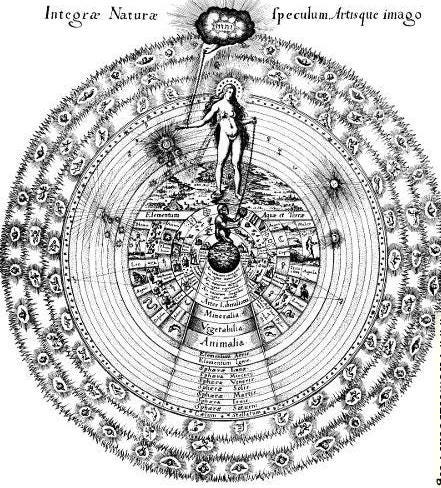Modern Stoics
12 Stoic principles for modernity
Stoicism has become fashionable over the last decade due in large part to its ascetics and simplicity. Stoicism is the pursuit of harmony with the natural order. Stoicism or The Stoa was established by the Greek philosopher Zeno, whom was heavily influenced by the pre socratic philosopher Heraclitus. In essence the Stoics believed that nature is synonym…



